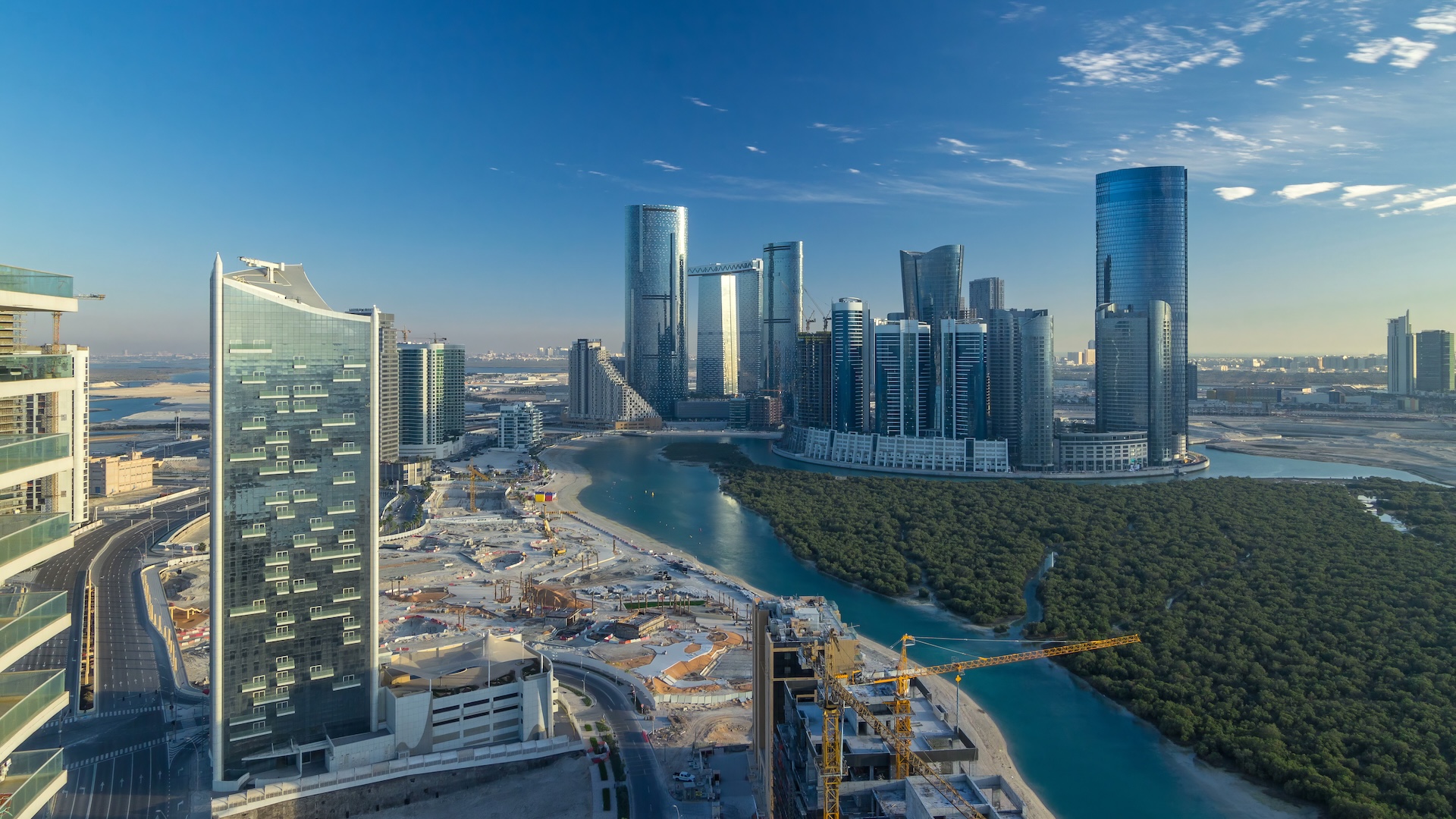In today’s fast-paced business landscape, and in a post-lockdown world where flexibility is key, the traditional notion of a fixed workspace has given way to a more dynamic and adaptive approach. As companies embrace the concept of flexible workspaces, they unlock a bunch of commercial benefits but, just as importantly, provide a place where company culture, productivity and wellbeing can thrive.
For members of the Techscaler community, we don’t believe one size fits all. Instead, we encourage startups and scaleups to do what works for them. A founder might start hotdesking a few times a month, then move into a coworking space, before committing to a full time office in which to bring their team together. Each founder and their team takes a different journey, but here are just a few reasons we think workspace is so important to a growing business no matter which route you take.
Community building and networking
Flexible workspaces offer more than just a physical location to work; they provide a gateway to a thriving ecosystem where professionals from diverse backgrounds can meet. These environments foster organic interactions and collaboration opportunities, allowing people to connect, share ideas, and form meaningful relationships. Whether it’s a chance encounter in the hallway or a networking event hosted on-site, the sense of community within flexible workspaces cultivates a supportive environment conducive to growth and innovation.
Impact on team culture and productivity
The workspace plays a crucial role in shaping organisational culture and driving employee engagement. In a flexible environment, teams have the autonomy to customise their workspace to suit their unique preferences and workstyles. It’s not about forcing people into the office; it’s about providing a space people want to be and do their best work. Ideas are easily shared and relationships are built in a casual, collaborative way. Whether it's an open-plan layout for working together or private pods for focused tasks, the flexibility in these spaces empowers employees to work in a manner that enhances their productivity and fosters a positive work culture.
Generating ideas and collaboration
Innovation thrives in environments that encourage creativity and collaboration. Flexible workspaces, with their diverse mix of industries and expertise, serve as incubators for new ideas and interdisciplinary collaborations. The fluid nature of these spaces allows for spontaneous brainstorming sessions, cross-pollination of ideas, and serendipitous encounters that spark innovation and drive business growth. It’s not just the work you can do within your own organisation, but the people you meet from other startups and scaleups that can bring new opportunities. You might meet your new co-founder, hear about a potential speaking opportunity, or sign up to a new accelerator programme. The more you surround yourself with others, the more opportunities you might find.
Promoting wellbeing and morale
Employee wellbeing is incredibly important in today's work culture, and the workspace plays a crucial role in nurturing a healthy work-life balance. Flexible workspaces prioritise employee comfort and wellness, offering more practical amenities such as ergonomic furniture and parent rooms, alongside recreational areas that promote relaxation and rejuvenation. By prioritising employee wellbeing, companies foster a happier, more engaged workforce with higher morale and lower turnover rates. Lowering employee churn is good for business, but from the perspective of doing the right thing, why wouldn’t you want your employees to be happy?
Flexibility to meet diverse needs
One size does not fit all when it comes to workspace preferences. Flexible workspaces recognise this reality and offer a range of options to accommodate diverse needs and preferences. Whether it's hotdesking for remote workers, dedicated desks for freelancers, or private offices for established teams, these spaces provide the flexibility to scale up or down according to changing business requirements, enabling companies to adapt and thrive in a dynamic market environment. The space adapts with you, giving you what you need at the right time for your business.
In conclusion, the workspace is far more than just a physical location; it's a strategic asset that drives innovation, fosters collaboration, and enhances organisational performance. By embracing flexible workspaces, companies can harness the power of community, creativity, and flexibility to unlock their full potential and shape the future of work.









.jpg)





-2.jpg)














.png)

.png)






.png)
.png)
.png)
.png)
.png)
.png)



